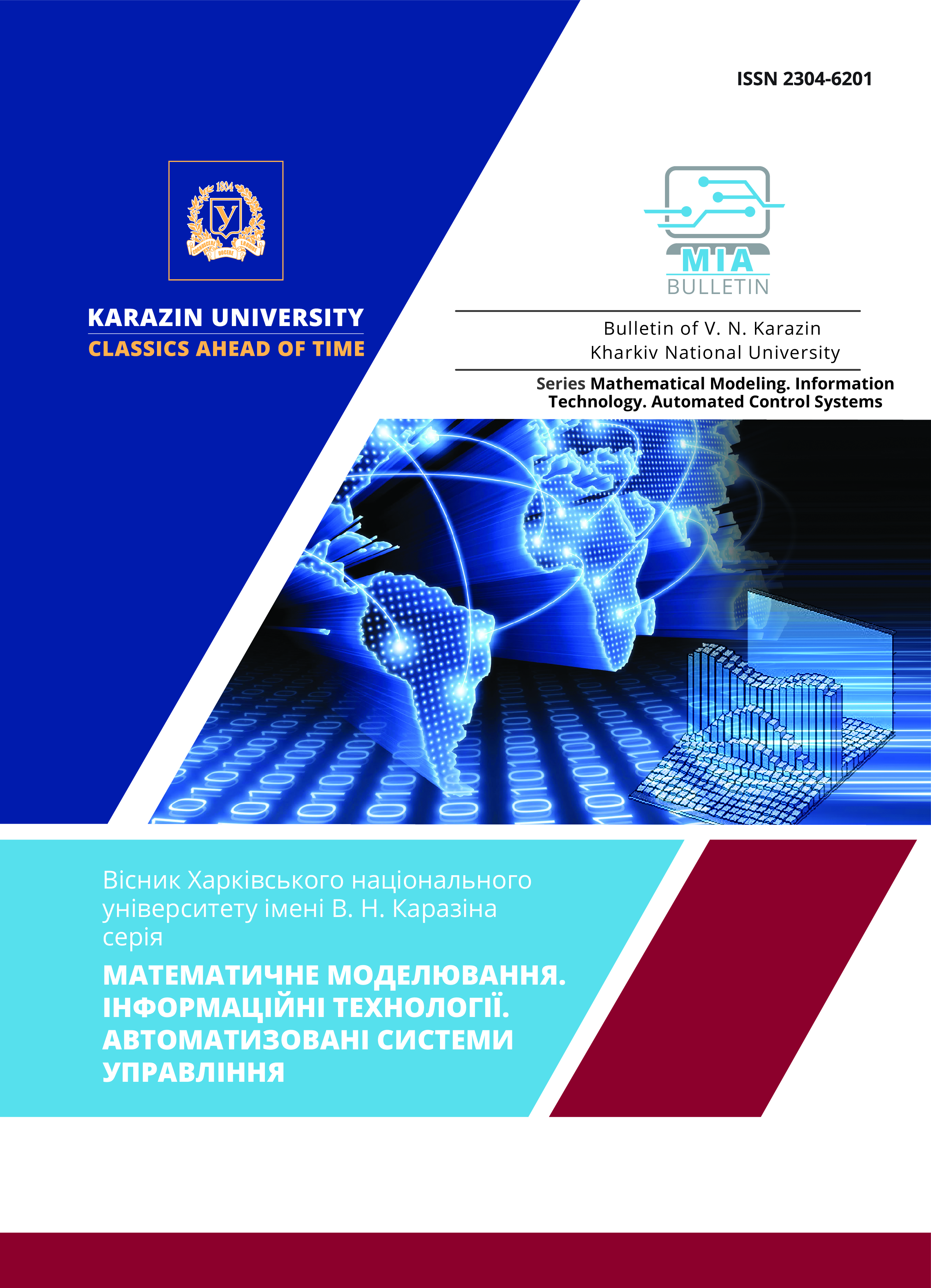Empirical probability distribution validity based on accumulating statistics of observations by controlling the moving average and root-mean-square deviation
Abstract
Knowing probability distributions for calculating expected values is always required in the engineering practice and other fields. Commonly, probability distributions are not always available. Moreover, the distribution type may not be reliably determined. In this case, an empirical distribution should be directly built based just on observations. So, the goal is to develop a methodology of accumulating and processing observation data so that the respective empirical distribution would be close enough to the unknown real distribution. For this, criteria regarding sufficiency of observations and the distribution validity are to be substantiated. As a result, a methodology is presented that considers the empirical probability distribution validity with respect to the parameter’s expected value. Values of the parameter are registered during a period of observations or measurements of the parameter. On this basis, empirical probabilities are calculated, where every next period the previous registration data are used as well. Every period gives an approximation to the parameter’s expected value using those empirical probabilities. The methodology using the moving averages and root-mean-square deviations asserts that the respective empirical distribution is valid (i. e., it is sufficiently close to the unknown real distribution) if the parameter’s expected value approximations become scattered very little for at least the three window multiple-of-2 widths by three successive windows. This criterion also implies the sufficiency of observation periods, although the sufficiency of observations per period is not claimed. The validity strongly depends on the volume of observations per period.
Downloads
References
/References
P. Samui, D. Tien Bui, S. Chakraborty, R. C. Deo, Handbook of Probabilistic Models. Butterworth-Heinemann, 2020, 590 p.
V. V. Romanuke, “Evaluating validity of the statistic frequencies distribution of a variate with undefined mathematical expectation and variance”, Herald of the National Technical University “KhPI”. Subject issue: Information Science and Modelling, no. 21, pp. 152 – 161, 2010.
D. S. Wilks, “Empirical Distributions and Exploratory Data Analysis”, in: Statistical Methods in the Atmospheric Sciences (Fourth Edition). D. S. Wilks (Ed.), Elsevier, 2019, pp. 23 – 75.
V. V. Romanuke, “Wind farm energy and costs optimization algorithm under uncertain parameters of wind speed distribution”, Studies in Informatics and Control, vol. 27, iss. 2, pp. 155 – 164, 2018.
Melucci M. A brief survey on probability distribution approximation // Computer Science Review. — 2019. — Vol. 33. — P. 91 – 97.
Samui P., Tien Bui D., Chakraborty S., Deo R. C. Handbook of Probabilistic Models. — Butterworth-Heinemann, 2020. — 590 p.
Romanuke V. V. Evaluating validity of the statistic frequencies distribution of a variate with undefined mathematical expectation and variance // Herald of the National Technical University “KhPI”. Subject issue: Information Science and Modelling. — 2010. — № 21. — P. 152 – 161.
Wilks D. S. Empirical Distributions and Exploratory Data Analysis / Statistical Methods in the Atmospheric Sciences (Fourth Edition). — Wilks D. S. (ed.). — Elsevier, 2019. — P. 23 – 75.
Romanuke V. V. Wind farm energy and costs optimization algorithm under uncertain parameters of wind speed distribution // Studies in Informatics and Control. — 2018. — Vol. 27, Iss. 2. — P. 155 – 164.




